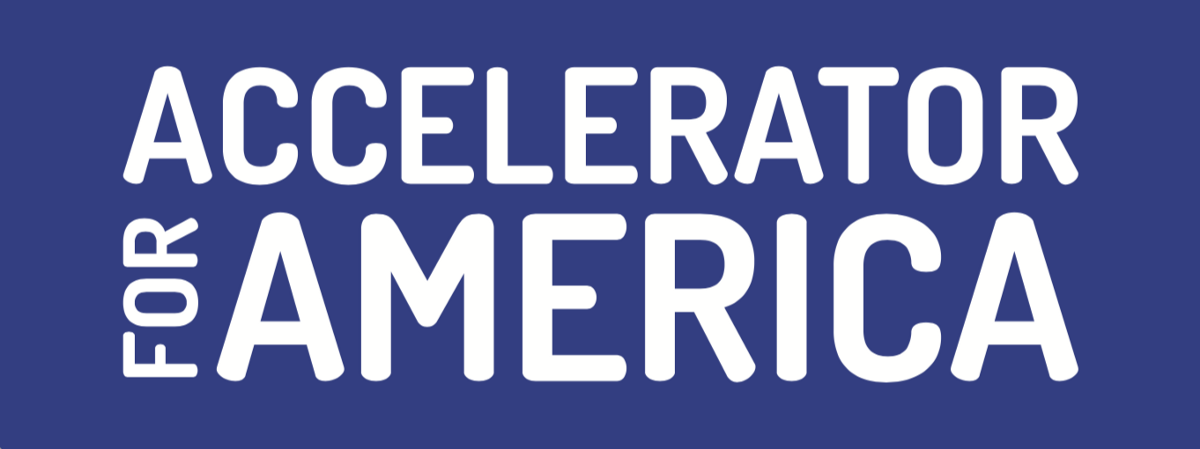Mayor Greg Fischer: Louisville, Kentucky's Opportunity Zones
Opportunity Zones offer communities across America a chance to address the historic injustices of the past, make economic progress for our neighborhoods in the present and position ourselves for a stronger and more competitive future.
The focus of our nation’s Mayors is on the needs and opportunities facing our own cities, neighborhoods and citizens. We also recognize that lifting up our fellow Americans wherever they live is an American challenge and one we’ll only meet by coming together for the common good, and by talking to each other, listening to each other and investing in each other. So I’m exceptionally proud to be working to help my city and others across the country benefit from Opportunity Zones with my fellow mayors Eric Garcetti of Los Angeles, David Holt of Oklahoma City and Pete Buttigieg of South Bend, Indiana, through a project of the non-profit Accelerator for America led by the urban visionaries Bruce Katz and the late Jeremy Nowak.
Created in the Investing in Opportunity Act, part of the Tax Cuts and Jobs Act of 2017, Opportunity Zones are a new community development program intended to encourage long-term investment in America’s low-income urban and rural communities. The program offers tax incentives for the investment of unrealized capital gains into Opportunity Funds that are dedicated to investing in real estate development and businesses located in designated Opportunity Zones.
In Louisville, Kentucky Governor Matt Bevin designated 19 census tracts as Opportunity Zones. They include neighborhoods that ring the downtown core, hold some of Louisville’s most vibrant history, and touch some of Louisville’s most iconic locations, such as Waterfront Park and the University of Louisville. Our city is going through a tremendous economic resurgence. We’re seeing unprecedented levels of investment. Incomes are up. Crime and unemployment are down.
And yet, looking at a map of Louisville Opportunity Zones, it’s clear that our city, like other cities, needs to do more to create paths to progress for citizens who haven’t yet experienced the benefits of our growing economy. It’s also clear that the challenge of persistent poverty in some neighborhoods in particular is not an accident, but the tragic legacy of racist policies like Redlining and Urban Renewal. These and other business and government policies actively denied African-Americans the opportunity to build generational wealth and live the American Dream, no matter what they did.
That’s a historic injustice that still hinders our national progress today. Opportunity Zones are one tool in our ongoing efforts to create a society that truly lives up to the American creed that all citizens are created equal and enjoy the same rights to life, liberty and the pursuit of happiness.
Anyone who invests in Opportunity Funds receives tax incentives for their long-term investment. The more time investors keep their money in one or more Opportunity Funds, the greater the tax benefits they’ll receive.
The Opportunity Zone concept takes a business approach and applies it to a societal challenge. This has the potential to revitalize entire neighborhoods and unleash vast amounts largely untapped economic, community and human potential. We are interested in working with investors who share our goal of improving our neighborhoods while not displacing the current residents.
That’s our hope in Louisville, where we hope to attract Opportunity Zone investors to help us develop projects like these:
The Track on Ali - a $30 million multi-sports complex anchored by an indoor track and field facility that’s being developed by the Louisville Urban League. This project, located on Muhammad Ali Boulevard in Louisville’s historic Russell neighborhood, will be capable of hosting large regional and national events organized by the NCAA and USA Track and Field.
Louisville Gardens - the redevelopment of a former 6,000-seat performance venue in the heart of downtown, this site is located within three blocks of the new Omni Hotel Louisville, Embassy Suites and the historic Seelbach Hotel, and within two blocks of the Fourth Street Live! entertainment venue.
Belknap Engineering and Applied Sciences Research Park - developed by the University of Louisville, this campus is the center of a 390-acre planned science and engineering park just south of the University’s Belknap Campus. It presents an opportunity to leverage the university’s academic and research functions to create a center for high-wage jobs.
One West - a dynamic community development corporation focused on revitalization of Louisville's nine western neighborhoods. This area is currently experiencing a renaissance with almost $1 billion in new investment following 80 years of devastating discriminatory practices like redlining and active disinvestment and One West is actively supporting commercial investment.
Those are just a few of the possible Opportunity Zone developments we’ve identified. The potential is tremendous for our city and others, and I am looking forward to seeing how communities across the country can use Opportunity Zones to make people’s lives better.

